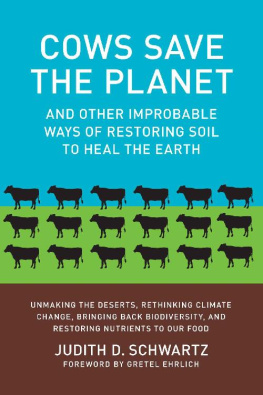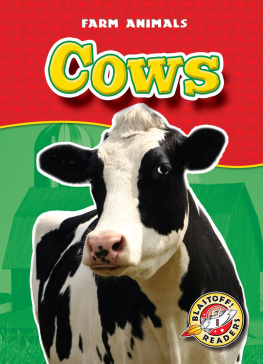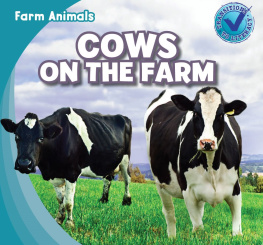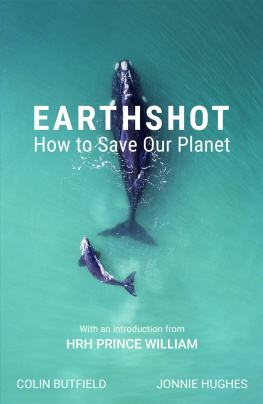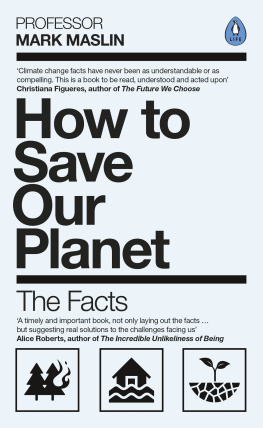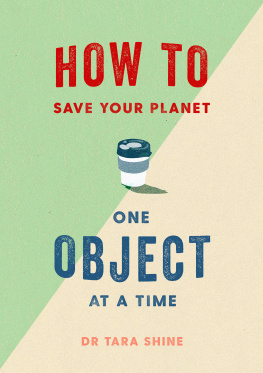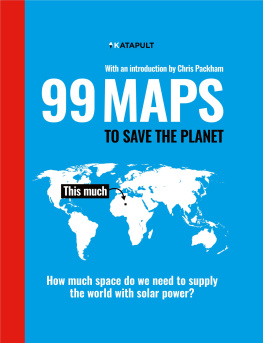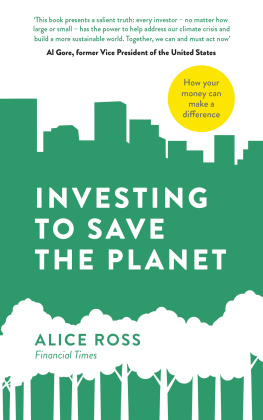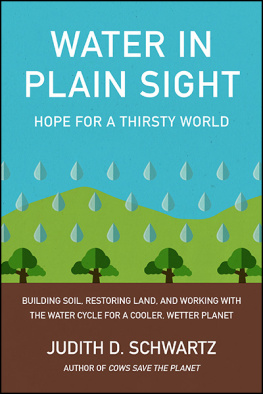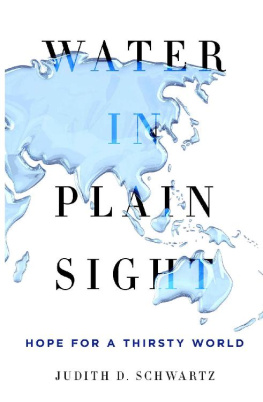Judith Schwartz - Cows Save the Planet
Here you can read online Judith Schwartz - Cows Save the Planet full text of the book (entire story) in english for free. Download pdf and epub, get meaning, cover and reviews about this ebook. year: 2013, publisher: Chelsea Green Publishing, genre: Romance novel. Description of the work, (preface) as well as reviews are available. Best literature library LitArk.com created for fans of good reading and offers a wide selection of genres:
Romance novel
Science fiction
Adventure
Detective
Science
History
Home and family
Prose
Art
Politics
Computer
Non-fiction
Religion
Business
Children
Humor
Choose a favorite category and find really read worthwhile books. Enjoy immersion in the world of imagination, feel the emotions of the characters or learn something new for yourself, make an fascinating discovery.
- Book:Cows Save the Planet
- Author:
- Publisher:Chelsea Green Publishing
- Genre:
- Year:2013
- Rating:4 / 5
- Favourites:Add to favourites
- Your mark:
- 80
- 1
- 2
- 3
- 4
- 5
Cows Save the Planet: summary, description and annotation
We offer to read an annotation, description, summary or preface (depends on what the author of the book "Cows Save the Planet" wrote himself). If you haven't found the necessary information about the book — write in the comments, we will try to find it.
Cows Save the Planet — read online for free the complete book (whole text) full work
Below is the text of the book, divided by pages. System saving the place of the last page read, allows you to conveniently read the book "Cows Save the Planet" online for free, without having to search again every time where you left off. Put a bookmark, and you can go to the page where you finished reading at any time.
Font size:
Interval:
Bookmark:
Judith Schwartzs book gives us not just hope but also a sense that we humansserial destroyers that we arecan actually turn the climate crisis around. This amazing book, wide reaching in its research, offers nothing less than solutions for healing the planet.
GRETEL EHRLICH, from the Foreword
Judith Schwartz takes a fascinating look at the world right beneath our feet. Cows Save the Planet is a surprising, informative, and ultimately hopeful book.
ELIZABETH KOLBERT, author of Field Notes from a Catastrophe: Man, Nature, and Climate Change
In Cows Save the Planet, Judith Schwartz takes us on a fascinating, John McPheestyle journey into the world of soil rehabilitation. The eclectic group of farmers, ranchers, researchers, and environmentalists she visits have one thing in common: they all believe in the importance of organic matter in the soil for solving our most pressing environmental issues. Some of the innovative techniques they use to increase the vitality of their soil include no-tillage, using deep-rooted perennial grasses, cover crops, mulching, and, surprisingly, grazing large herds of animals according to a program called holistic management. Imagine, a book about soil thats a real page turner!
LARRY KORN, editor of The One-Straw Revolution and Sowing Seeds in the Desert by Masanobu Fukuoka
Heres a secret climate-change activists and energy-efficiency and renewable-energy promoters neglect: nature is designed to be self-healing, and her most profound tool is photo-synthesis. Free sunlight is the best energy source to extract carbon dioxide from the atmosphere while also producing organic matter and oxygenand a by-product is healthier soil, forests, wetlands, and ecosystems. When politicians, policy leaders, and activists get serious about cost-effective solutions to climate change, then a top priority will be ecological restoration to harvest and store carbon naturally, and Judith Schwartzs new book will provide a destination and map.
WILL RAAP, founder, Gardeners Supply and Intervale Center
Judith Schwartz reminds us that sustainable range management is as much about the microbes in the soil and their feedback loops with cattle as it is about the cattle themselves. When I finally go home on the range to be composted, I want to be part of the miraculous cycle of rangeland renewal that is managed in the way that Schwartz describes so well.
GARY PAUL NABHAN, author of Desert Terroir, Kellogg Endowed Chair in Sustainable Food Systems, University of Arizona
COWS SAVE
THE PLANET
AND OTHER IMPROBABLE
WAYS OF RESTORING SOIL
TO HEAL THE EARTH

JUDITH D. SCHWARTZ
FOREWORD BY GRETEL EHRLICH
CHELSEA GREEN PUBLISHING
WHITE RIVER JUNCTION, VERMONT
Copyright 2013 by Judith D. Schwartz.
All rights reserved.
No part of this book may be transmitted or reproduced in any form by any means without permission in writing from the publisher.
Project Manager: Bill Bokermann
Developmental Editor: Brianne Goodspeed
Copy Editor: Laura Jorstad
Proofreader: Helen Walden
Indexer: Margaret Holloway
Designer: Melissa Jacobson
Printed in the United States of America.
First printing April, 2013.
Chelsea Green sees publishing as a tool for cultural change and ecological stewardship. We strive to align our book manufacturing practices with our editorial mission and to reduce the impact of our business enterprise in the environment. We print our books and catalogs on chlorine-free recycled paper, using vegetable-based inks whenever possible. This book may cost slightly more because we use recycled paper, and we hope youll agree that its worth it. Chelsea Green is a member of the Green Press Initiative (www.greenpressinitiative.org), a nonprofit coalition of publishers, manufacturers, and authors working to protect the worlds endangered forests and conserve natural resources. Cows Save the Planet was printed on Natures Natural, an FSC-certified, 30-percent postconsumer recycled paper supplied by Thomson-Shore.
Schwartz, Judith D.
Cows save the planet and other improbable ways of restoring soil to heal the earth / [by Judith D. Schwartz].
p. cm.
Includes bibliographical references and index.
ISBN 978-1-60358-432-6 (pbk.) ISBN 978-1-60358-433-3 (ebook)
1. Soil ecology. 2. Soil restoration. I. Title.
QH541.5.S6S425 2013
577.57dc23
2013001703
Chelsea Green Publishing Company
85 North Main Street, Suite 120
White River Junction, VT 05001
(802) 295-6300
www.chelseagreen.com
To Tony and Brendan
Going to Ground
WE GO TO GROUND WHEN EXHAUSTED by disaster or war, when we need to restore ourselves, look natural beauty in the face, and nourish ourselves by growing food; we go to ground to seek solace. Now, as we find ourselves facing a grave threat to civilizationthe global emergency of climate change, desertification, and habitat destructionwe would be wise to go to ground to find how we might survive.
Ground in this sense represents not only basic sanity, but actual soil and all the life-giving processes that emanate from it. Nature is matrix and embrace. Photosynthesis is foundational, our only true wealth. Without it, we devolve. Poor land leads to poverty, hunger, social unrest, cultural deprivation, inhumanity, and war. So we must wonder why the biological health of the planet is not our number-one priority. In our careless, destructive, and proprietary ways, we have ignored the biological requirements of the living planet, and as a result of our neglect and abuse ground has become, alternately, a hot plate, a desert, a crumbling sea cliff, and a floodplain.
Judith Schwartzs book gives us not just hope but also a sense that we humansserial destroyers that we arecan actually turn the climate crisis around. This amazing book, wide reaching in its research, offers nothing less than solutions for healing the planet.
Almost thirty years ago I was asked by Time magazine to write about visionary thinkers in the American West. One of those I chose was wildlife biologist, game rancher, and restoration ecologist Allan Savory, now in his midseventies and founder of the Savory Institute, who figures prominently throughout this book.
Savory, at age twenty, was put in charge of wildlife in a large part of Northern Rhodesia (now Zambia). In those years he began puzzling over the root causes of habitat destruction, and the needs of wildlife, domestic livestock, and humans living together on the land.
To have followed Savory from his days in the bush, through the horrendous civil war during which he commanded a tracker combat unit and led the opposition against the racist government of Ian Smith, and on to his eventual emigration to the United States, is to have watched a man thinking and rethinking through the problems of how to heal the earth.
Now the recipient of many awards and millions of dollars in funding from international sources, to help put things right in places like Kenya, Australia, the United States, Mexico, and South Africa, Savory provided the initial kick in the ass for many younger many ranchers, farmers, ecologists, and scientists. The people Schwartz interviewed for this book arent theorists; they practice what they preach.

Since I met Savory in the 1980s, the health of the planet has deteriorated seriously. Too few paid attention or took action. We now have a global emergency on our hands: climate change and the desertification of the earths surface.
Font size:
Interval:
Bookmark:
Similar books «Cows Save the Planet»
Look at similar books to Cows Save the Planet. We have selected literature similar in name and meaning in the hope of providing readers with more options to find new, interesting, not yet read works.
Discussion, reviews of the book Cows Save the Planet and just readers' own opinions. Leave your comments, write what you think about the work, its meaning or the main characters. Specify what exactly you liked and what you didn't like, and why you think so.

